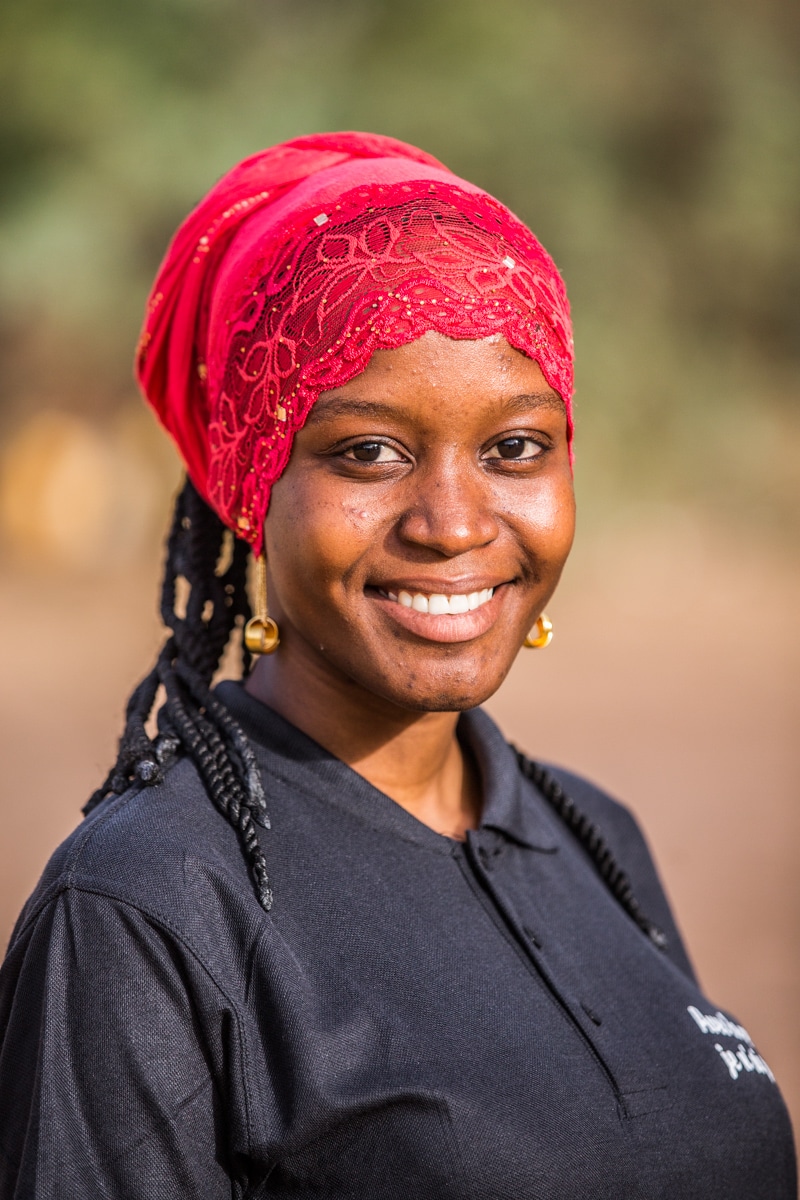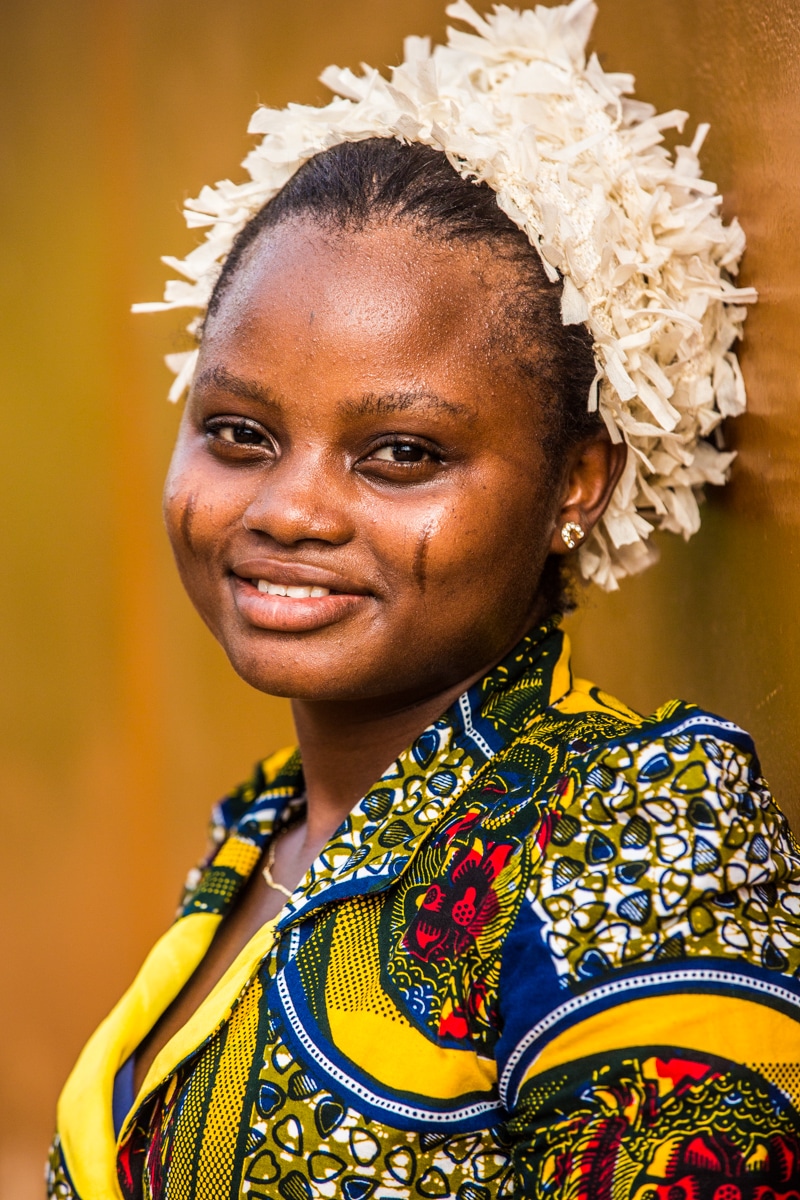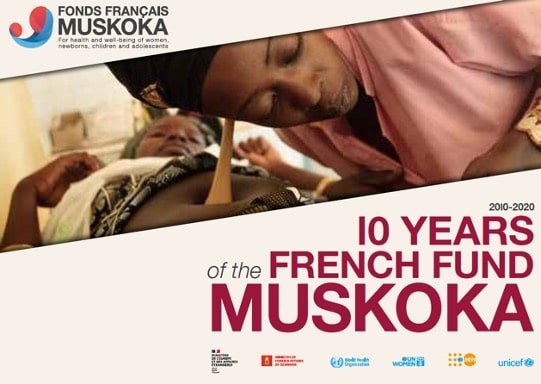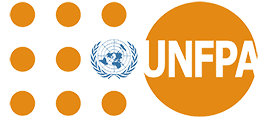HEALTH CREATES HOPE
Since 2010, the French Muskoka Fund has been improving the health and wellbeing of women, newborns, children and adolescents in West and Central Africa.
THE FRENCH MUSKOKA FUND
The French Muskoka Fund was created in June 2010 following the G8 summit held in Muskoka, Canada, to help reduce maternal, newborn, infant and child mortality by strengthening national health systems.
The French government subsequently committed to increasing its contribution, allocating an additional €500 million to reproductive, maternal, newborn, child and adolescent health until 2015, €95 million of which would support the joint work of four United Nations agencies (WHO, UN Women, UNFPA and UNICEF) over five years.
The French commitment, initially planned for five years, was renewed for a further two years (2017-2018) and then for five years (2018-2022), amounting to €10 million per year and boosting support for young people, adolescents and the field of nutrition.
The Kingdom of Denmark joined the initiative at the end of 2018, when it signed the declaration of cooperation between Denmark and France for the purpose of supporting the French Muskoka Fund. In June 2021, at the Generation Equality Forum, the French government officially pledged €10 million a year until the end of 2026 for the French Fund in Muskoka.
The French Muskoka Fund contributes to the health and wellbeing of mothers, newborns, children and adolescents by implementing (the most cost-effective) high-impact, cross-sector interventions to help:
- reduce maternal, newborn and child mortality and morbidity,
- ensure that adolescents, particularly girls, can access their rights and the sexual and reproductive health services they need,
- improve nutrition and promote the empowerment of women,
- ensure continuity of care.

Ten years of taking action to improve the health and wellbeing of women, newborns, children and adolescents in West and Central Africa.

Consequently, the French Muskoka Fund helped reduce the mortality rate of children under the age of 5 (Millennium Development Goal 4: reduce child mortality) in Niger and Senegal between 2010 and 2015.
Between 2010 and 2017, all Muskoka countries saw a significant reduction in their maternal mortality rate (Sustainable Development Goal 3), with a substantial reduction for Guinea (44%), Senegal (43%) and Burkina Faso (38%). In 2019, the eight initial countries saw a reduction in maternal mortality (average ARR*: 2.6%), newborn mortality (average ARR: 2.0%) and child mortality (average ARR: 3.2%).
All the activities developed as part of the French Muskoka Fund framework are in line with the countries’ national health development plans and form part of the global strategy on women’s, newborn, child and adolescent health (2016-2030).
They align with Agenda 2030 and the Sustainable Development Goals, Agenda 2063 of the African Union Commission “the Africa we want”, with the African health strategy 2016-2030 and with the Maputo 2016-2030 action plan, as well as on the United Nations Secretary General’s Global Strategy for Maternal, Child and Adolescent Health and France’s Global Health Strategy 2017-2021. They are also part of the New Aid Environment and the Paris Declaration.
*Annual Rate of Reduction (ARR)
10 years of action for the health of women and children!
This decade 2010-2020 has seen gradually growing awareness on the part of politicians and decision-makers of the importance of acting on the vulnerable populations represented by women, mothers, newborns, children and children. adolescents, who are at the heart of human capital development. The FFM, along with the other PTFs, made a major contribution to this through its actions and its communication policy.
9 RECIPIENT COUNTRIES
The French Muskoka Fund makes it possible to undertake targeted activities aligned with each country’s national strategy to help fulfil regional and national program requirements in terms of reproductive, maternal, newborn, child and adolescent health and nutrition.
The French Muskoka Fund operates in nine countries in West and Central Africa: Benin, Burkina Faso (since 2020), Cote d’Ivoire, Guinea, Mali, Niger, Senegal, Chad and Togo.

Les pays
![]() OMS
OMS ![]() ONUfemmes
ONUfemmes![]() UNFPA
UNFPA ![]() UNICEF
UNICEF
RESULTS
%
Reduction in the maternal mortality ratio (per 100,000 live births) between 2010 and 2017 in Muskoka recipient countries
%
Decrease in newborn mortality (per 1,000 live births) between 2011 and 2018 in Muskoka recipient countries
%
Decrease in child mortality (per 1,000 live births) between 2011 and 2018 in Muskoka recipient countries
%
Increase in the rate of births attended by qualified staff between 2010 and 2016 in Muskoka recipient countries
Source OMS
COMMITMENT BY FOUR UNITED NATIONS AGENCIES
The mandate of the French Muskoka Fund is to combine the expertise and comparative advantages of four of the United Nations agencies in an innovative coordination mechanism to strengthen the health systems and thereby improve the health and wellbeing of women, newborns, children and adolescents in West and Central Africa.
The objective of WHO, a specialist agency of the United Nations (UN), is to help all people in member and partner states attain the highest possible level of health.
UN Women, the United Nations entity responsible for gender equality and the empowerment of women, was created to promote women’s equality and empowerment all over the world.
The United Nations Population Fund is the largest source of international development funding for population, family planning and mother and child health programs.
HEALTH CHANGES THEIR LIVES
Find out more about the women, men, children and adolescents who embody the spirit and values of the French Muskoka Fund.
Zeïna
Bamako, Mali
Mamane
Maradi, Niger
Jacqueline
Tsévié, Togo
Fanta
Conakry, Guinea
Contact Us
To contact us, complete the form below and we will get back to you as soon as possible.






